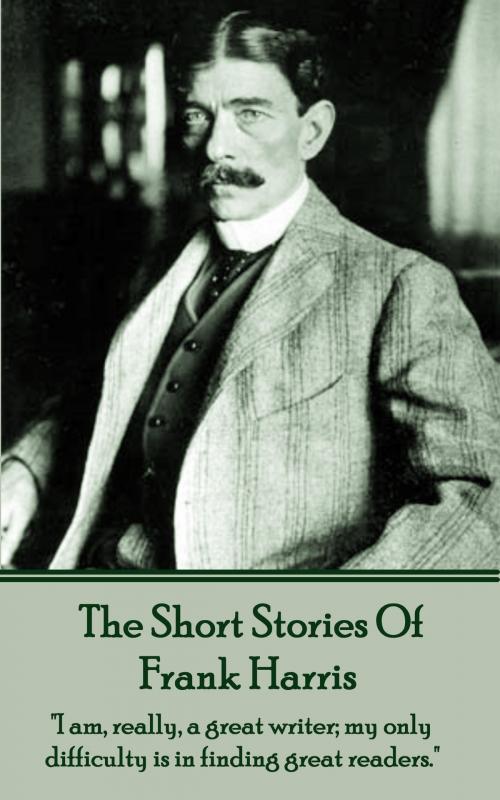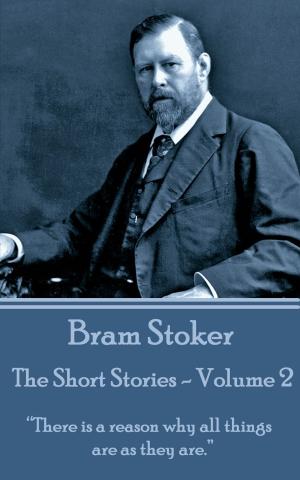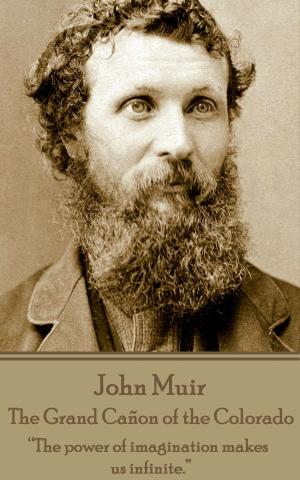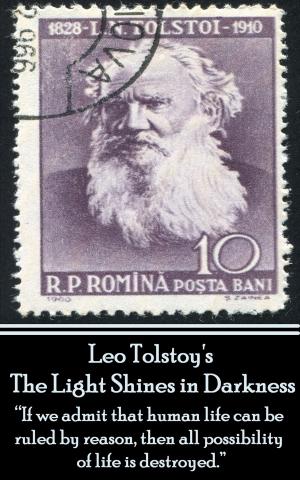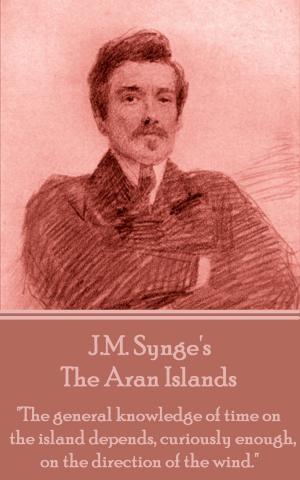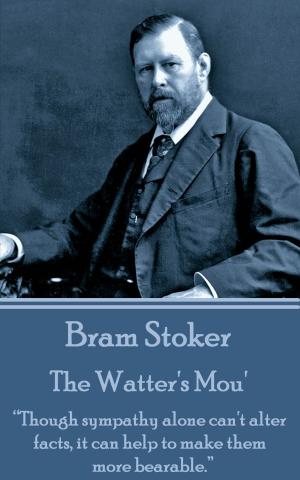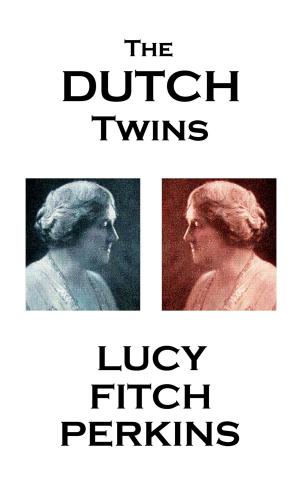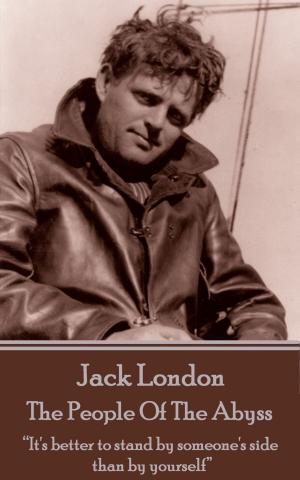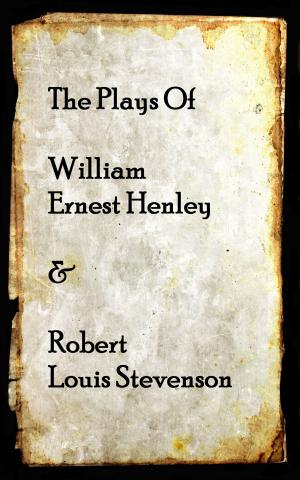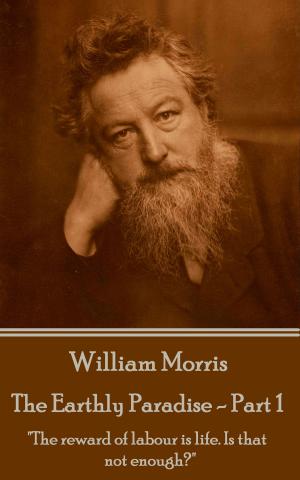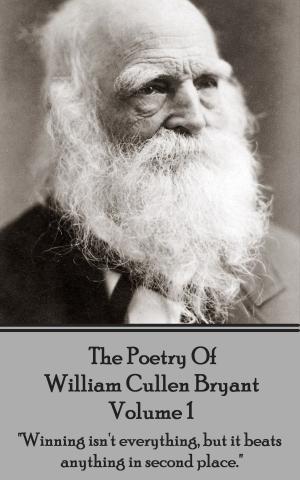Frank Harris - The Short Stories
"I am, really, a great writer; my only difficulty is in finding great readers."
Fiction & Literature, Short Stories| Author: | Frank Harris | ISBN: | 9781783942183 |
| Publisher: | Deadtree Publishing | Publication: | December 15, 2009 |
| Imprint: | Conflict | Language: | English |
| Author: | Frank Harris |
| ISBN: | 9781783942183 |
| Publisher: | Deadtree Publishing |
| Publication: | December 15, 2009 |
| Imprint: | Conflict |
| Language: | English |
Frank Harris was born appropriately on February 14 in 1856 in Galway, Ireland. After some schooling in Wales he ran away in late 1869 to the United States in late 1869, arriving in New York City working on a succession of menial jobs to support himself including a boot black, a porter, a general laborer, and a construction worker who worked on the Brooklyn Bridge. From New York Harris moved to the American Midwest, settling in Chicago, becoming a hotel clerk and eventually a manager. On the advice of cattlemen he thought a career as a cowboy might be more to his liking. He quickly tired of this and enrolled at the University of Kansas to study law and earned a degree, gaining admission to the Kansas state bar. He married three times and the first of these was in 1878 to Florence Ruth Adams, who died the following year. Harris was not cut out to be a lawyer and soon decided to turn his attention to literature. He returned to England in 1882 and then to cities in Germany, Austria, France, and Greece on his literary quest. He had a brief stint as an American newspaper correspondent before settling in England to seriously pursue journalism. Harris became the editor of a series of London papers including the Evening News, the Fortnightly Review and the Saturday Review, the last-named having H. G. Wells and George Bernard Shaw as regular contributors. From 1908 to 1914 Harris concentrated on working as a novelist, authoring a series of popular books such as The Bomb, The Man Shakespeare, and The Yellow Ticket & Other Stories. As World War I began to envelop Europe Frank returned to the United States. From 1916 to 1922 he edited the U.S. edition of Pearson's Magazine, a popular monthly which combined short story fiction with socialist-tinted features on current news topics. Harris became an American citizen in April, 1921. In 1922 he travelled to Berlin to publish volume 1 his best-known work, his autobiography My Life and Loves. It is notorious for its graphic sexual descriptions and for its exaggerated accounts of his literary adventures and his role in history. Harris also wrote short stories and novels, two books on Shakespeare, a series of biographical sketches in five volumes under the title Contemporary Portraits and biographies of his friends Oscar Wilde and George Bernard Shaw. His attempts at playwriting were less successful: only Mr. and Mrs. Daventry (1900) (which was based on an idea by Oscar Wilde) was produced on the stage. Frank Harris died on August 27, 1931 at age 75 in Nice, France of a heart attack. Here we publish his short stories which deal with his time in the United States.
Frank Harris was born appropriately on February 14 in 1856 in Galway, Ireland. After some schooling in Wales he ran away in late 1869 to the United States in late 1869, arriving in New York City working on a succession of menial jobs to support himself including a boot black, a porter, a general laborer, and a construction worker who worked on the Brooklyn Bridge. From New York Harris moved to the American Midwest, settling in Chicago, becoming a hotel clerk and eventually a manager. On the advice of cattlemen he thought a career as a cowboy might be more to his liking. He quickly tired of this and enrolled at the University of Kansas to study law and earned a degree, gaining admission to the Kansas state bar. He married three times and the first of these was in 1878 to Florence Ruth Adams, who died the following year. Harris was not cut out to be a lawyer and soon decided to turn his attention to literature. He returned to England in 1882 and then to cities in Germany, Austria, France, and Greece on his literary quest. He had a brief stint as an American newspaper correspondent before settling in England to seriously pursue journalism. Harris became the editor of a series of London papers including the Evening News, the Fortnightly Review and the Saturday Review, the last-named having H. G. Wells and George Bernard Shaw as regular contributors. From 1908 to 1914 Harris concentrated on working as a novelist, authoring a series of popular books such as The Bomb, The Man Shakespeare, and The Yellow Ticket & Other Stories. As World War I began to envelop Europe Frank returned to the United States. From 1916 to 1922 he edited the U.S. edition of Pearson's Magazine, a popular monthly which combined short story fiction with socialist-tinted features on current news topics. Harris became an American citizen in April, 1921. In 1922 he travelled to Berlin to publish volume 1 his best-known work, his autobiography My Life and Loves. It is notorious for its graphic sexual descriptions and for its exaggerated accounts of his literary adventures and his role in history. Harris also wrote short stories and novels, two books on Shakespeare, a series of biographical sketches in five volumes under the title Contemporary Portraits and biographies of his friends Oscar Wilde and George Bernard Shaw. His attempts at playwriting were less successful: only Mr. and Mrs. Daventry (1900) (which was based on an idea by Oscar Wilde) was produced on the stage. Frank Harris died on August 27, 1931 at age 75 in Nice, France of a heart attack. Here we publish his short stories which deal with his time in the United States.
